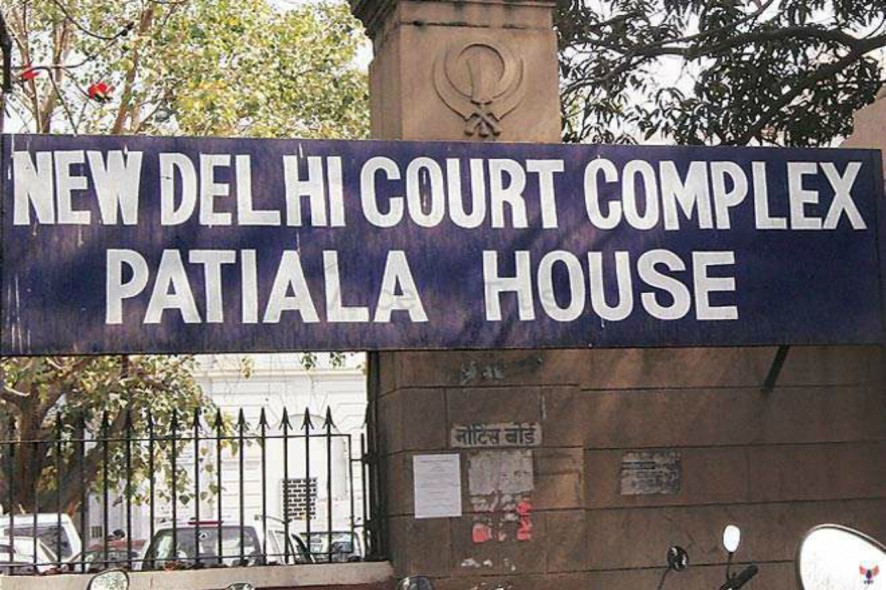Delhi Sessions Court (Patiala House): While dealing with the instant matter related to dishonour of cheques, Additional Sessions Judge Parveen Singh observed that in order to protect the rights of the receiver of a cheque in good faith, the scope of Section 138 of Negotiable Instruments Act, 1881 (Hereinafter NI Act) with regard to the dishonour of a cheque has been expanded. However, the instrument presented must be a valid cheque as defined under Section 6 of the NI Act and it only thereafter, if the cheque is dishonoured for any reason that Section 138 of the NI Act will come into picture. The Judge further observed that there should not be any uncertainty in the cheque as regards to the amount written in words, or else such uncertainty shall render the cheque as invalid for the purposes of Section 138 of NI Act.
As per the facts, the accused/revisionists were the dealers of the complainant/ respondent. It was alleged that in order to discharge their liability, the revisionists issued a cheque for an amount of Rs 44, 18,896/- drawn on Canara Bank, Pune. However, on being presented for encashment, the cheque got dishonoured, the reason being that the cheque was irregularly drawn/ amount in words and figures differed. It was further alleged that thereafter, despite issuance of legal demand notice, the revisionists failed to make the payment of the cheque amount. The revisionists/accused via their counsel Sanjay Bhargav contended that, the Trial Court failed to appreciate the position of law as described under Chapter XVII of N.I Act which deals with penalty in cases relating to dishonor of cheques for insufficient funds in the accounts. It was further contended that the Trial Court failed to consider relevant provisions of the NI Act, mainly Section 6 which defines ‘cheque’; Section 5 which defines the Bill of Exchange and Section 18 which defines the circumstances where amount is stated differently in figures and words. It was further argued that prosecution under Section 138 of NI Act can only be launched and continued on dishonour of a cheque and for an instrument to be a cheque; it has to satisfy the conditions of being valid under Sections 5 and 6 of the NI Act. The revisionists therefore contended that the cheque in question was not a valid instrument. Per contra, the respondents represented by M.P Upadhyay, argued that revisionists cannot take advantage of their own wrong (i.e. filling an incorrect and ambiguous amount in the cheque while describing the amount in words) when with malafide intention.
Perusing the contentions and the relevant provisions, the A.S.J., observed the peculiarity of the instant case in the sense that, “the very factum of the instrument being a valid cheque has been challenged. The Court noted that a Bill of Exchange must satisfy the requisites enumerated under Section 5 of the 1881 Act; namely- an instrument in writing; containing an unconditional order signed by the maker; directing a certain person to pay (or the direction to pay is given to a specified banker); a certain sum of money; only to, or to the order of, a certain person or to the bearer of the instrument. Thus if an instrument satisfies all the aforesaid five conditions, the said instrument will be a cheque within the meaning of the NI Act.
The Court noted that the cheque in question does satisfy the aforementioned requisites, however the amount written in words is “forty four lacs eighteen lacs eight hundred and ninety six only.”; this amount cannot be said to be a certain amount of money. Thus the certainty which is required by Sections 5 & 6 of the NI Act with regard to the amount to be paid is missing in this instrument. It was thus held that since the instrument on the basis of which complaint was filed was not a valid cheque within the definition of Section 6 of NI Act, thus there exists no offence of dishonour of cheques under Section 138 of NI Act on the part of the revisionists. [Shree Tyres v. State, Cr. Revision No. 742 of 2019, decided on 24-07-2020]







Really thanks for share this information.
This is a very nice blog thanks for sharing with us.